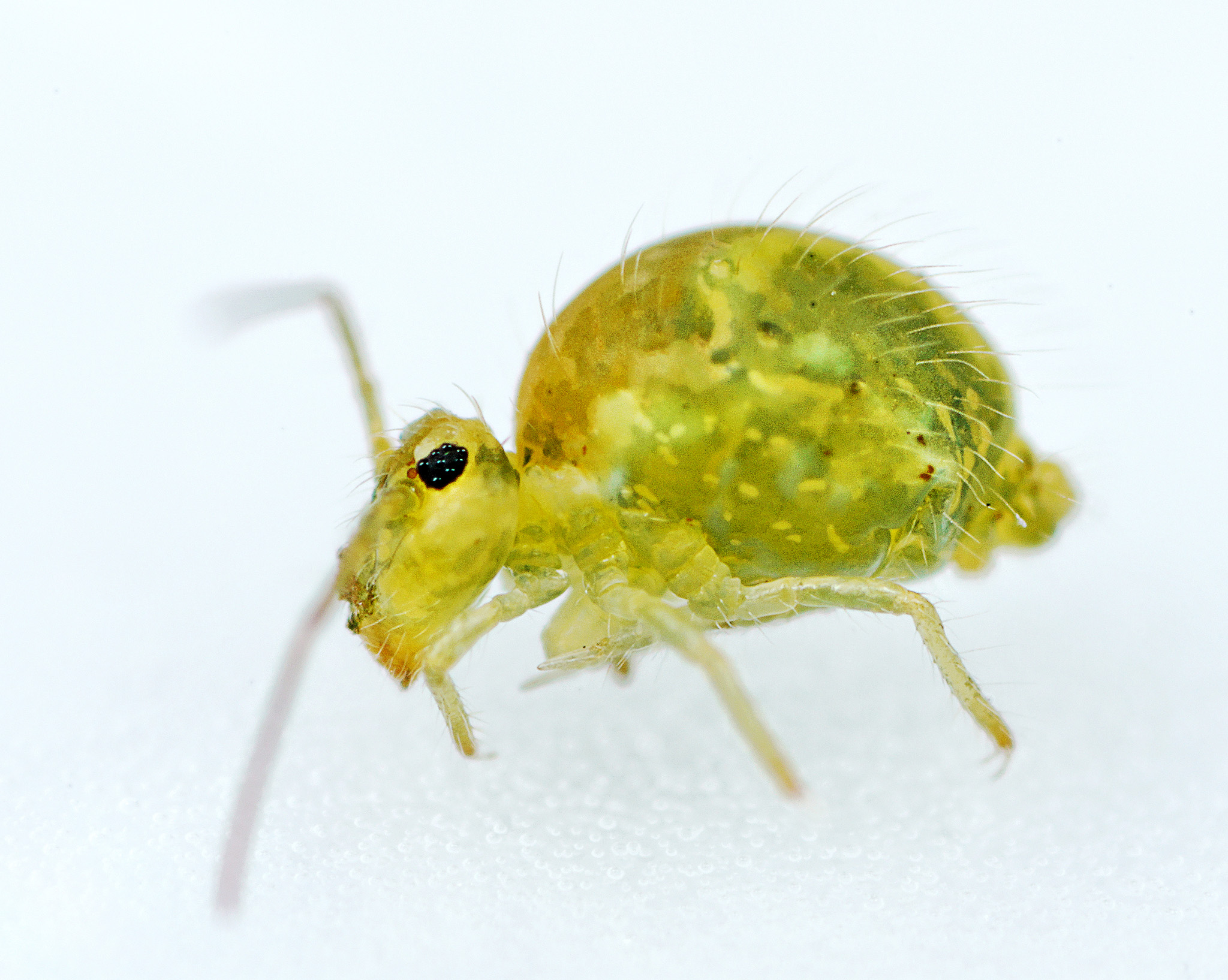
Insects are disappearing all over the world - read more...
Felicity Crotty started her October talk to the Leicestershire Entomological Society with a list of exceptional weather events from the last ten years - the third wettest spring, fifth warmest year, second driest summer, etc. It turns out that every year has been exceptional. Some of us are old enough to remember from O Level Geography that: "Britain has no climate, only weather. Discuss". But whatever we believe the cause(s) to be, there can be no doubt that the climate is changing. There's also decreasing doubt that we are in the sixth mass extinction, with species loss since 1900 occurring at over 1000 times the background extinction rate.
I've written several times before on NatureSpot about invertebrate loss, describing two previous papers which document a precipitate decline in the number of invertebrates across Europe. Last week another scientific paper was published (link below) which describes catastrophic loss of Arthropods across many groups, but this paper adds some important new findings. This is the first big study from the tropics (Puerto Rico) as opposed to temperate regions. In the previous papers, the causes of invertebrate loss could not be defined - climate change, pesticides, habitat loss. This new paper describes a large scale long term study from a pristine national park where there has been no habitat loss and no pesticide use. There is no other viable explanation for the findings - 10 to 60-fold loss of Arthropods over the last 30 years - than climate change. Further, this paper nails down the evidence by showing that the losses exactly parallel the rate of temperature increase. Even more worrying, the paper also shows that invertebrate loss is accompanied by a parallel loss of other taxa - amphibians, birds and reptiles.
These large scale long term studies are few in number because they are difficult to do, relying on accurate long term data sets. This is the reason why NatureSpot exists. Of course, habitat loss and pesticide use also contribute to invertebrate declines, but nature reserves cannot halt the damaging effects of climate change. The solutions to this problem are not simple. We want to keep the lights on, but unless we find more sustainable ways of doing so, and quickly, we will pay a terrible price.

